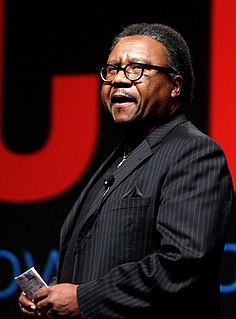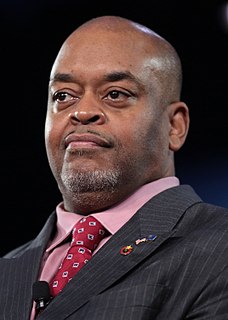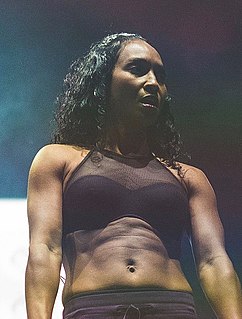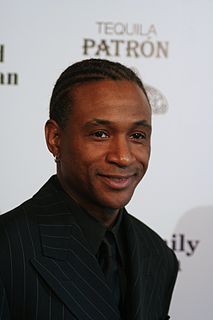A Quote by C.L. Bryant
The epidemic is truly black-on-black crime. The greatest danger to the lives of young black men are young black men.
Related Quotes
Adults who loved and knew me, on many occasions sat me down and told me that I was black. As you could imagine, this had a profound impact on me and soon became my truth. Every friend I had was black; my girlfriends were black. I was seen as black, treated as black, and endured constant overt racism as a young black teenager.
The issue of redistribution of resources and wealth needs to resolved systemically, but in the meantime but there are individual spots you can occupy. There are things that you can do on a daily basis that will make a difference in moving the needle in individual lives. When we look at the mentoring of young black kids, for instance, the number-one mentor group is white women. I think after that maybe it's black women, and then white men, and then black men. We can make all kinds of arguments about that.
I have this problem where it's like'I can never stop thinking. For instance, I find myself obsessing over the treatment of black women and girls by black men'the fact that black men have a special prejudice against black women and generally don't protect them or attempt to understand them, and I cry an awful lot about that.
I'm not talking about my children's father'he's a wonderful black man, the hero of my life, and he's never disrespected or betrayed me. But I'm talking about what I see in the streets and in the media, this naked hatred that black men have towards the authentic black woman'which is really an indication of black men's hatred for blackness itself.































